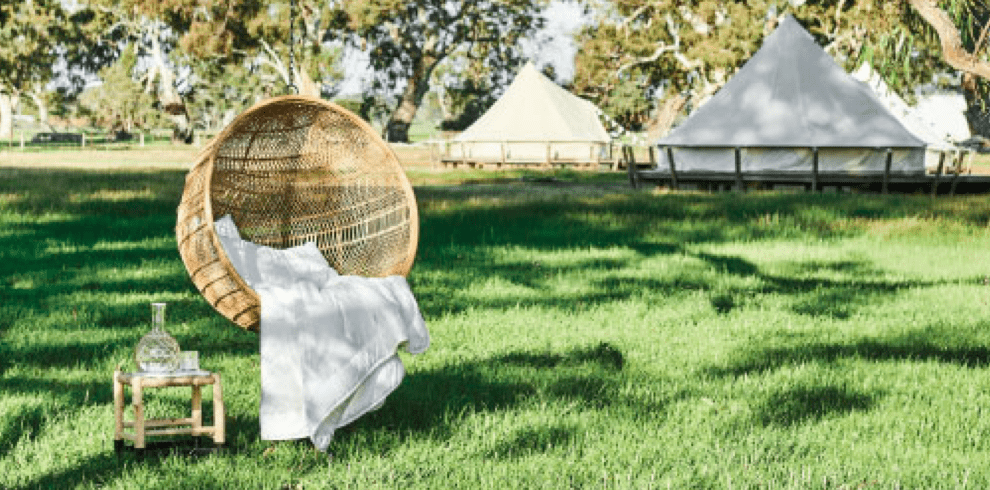When it comes to food, drink and sleep the connection is complex. What you eat affects how you sleep and conversely how you sleep affects what you eat. Loss of sleep changes the hormones responsible for hunger regulation. Studies show that those who are sleep deprived have an increased response to food stimuli and an inhibited response to satiety resulting in poorer food choices and a tendency to eat more than those who are well rested.
December is notorious for celebrations, late nights and overindulgence. Christmas brings the office party, a festive catch up with friends, end of year drinks - all risk factors for poor sleep and at a time when we often need it most. Avoiding all pre-Christmas social engagements is one option but MiniJumbuk has a few suggestions to help you enjoy the silly season and achieve a great night's sleep along the way.
- Aim for at least one non-alcoholic drink for every alcoholic one. Alcohol helps to sleep initially but interrupts the deep restorative sleep later in the night.
- Avoid rich, fatty or spicy foods late at night. These foods can leave you tossing and turning while your stomach rolls.
- Cheese is another late night no no! Many find cheese and in particular blue cheese, makes for vivid and disruptive dreams.
- Hit the dance floor - its great fun, not to mention the exercise will wear you out and keep you away from the bar!
- And when you head home, while it may sound like an old wives tale, a warm glass of milk with a bikkie before bed is a great idea. Milk is full of sleep inducing tryptophan which is made more readily available with the carbohydrate from your snack. You'll be off to the land of nod in no time.



